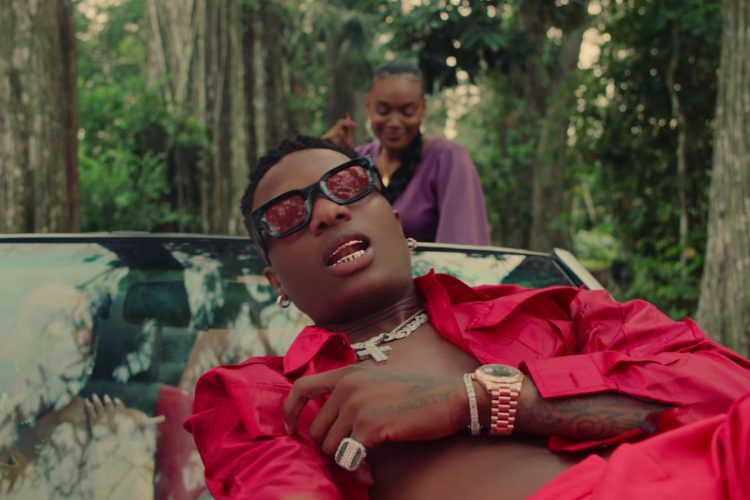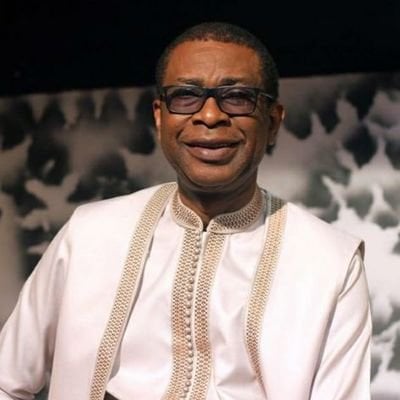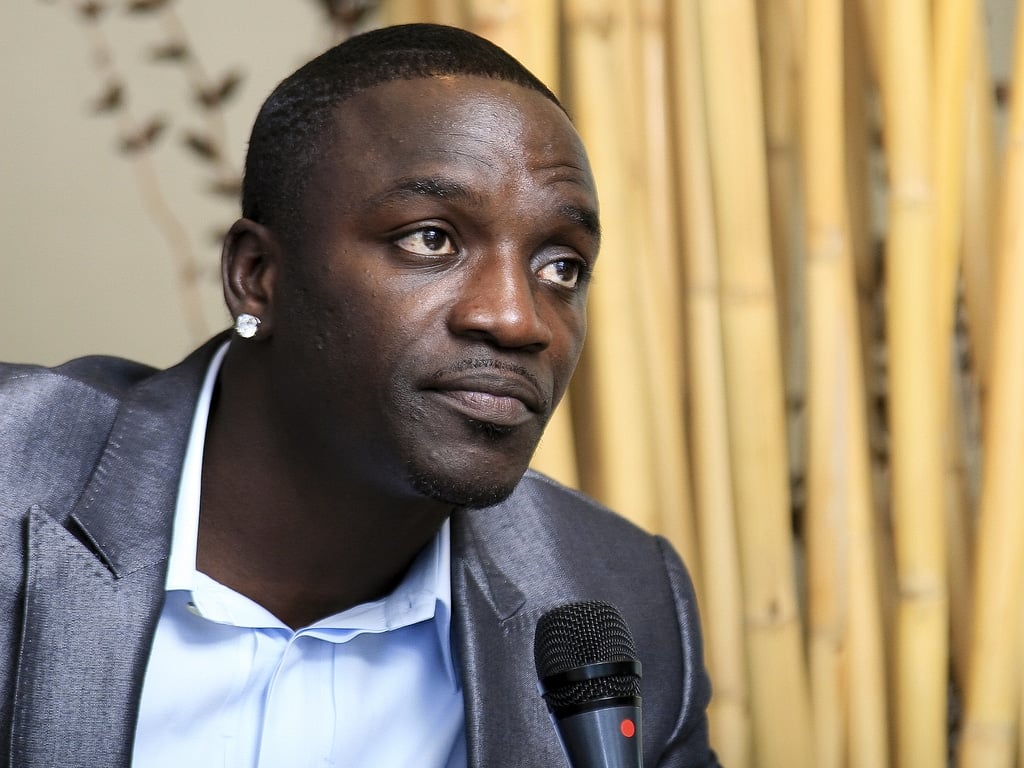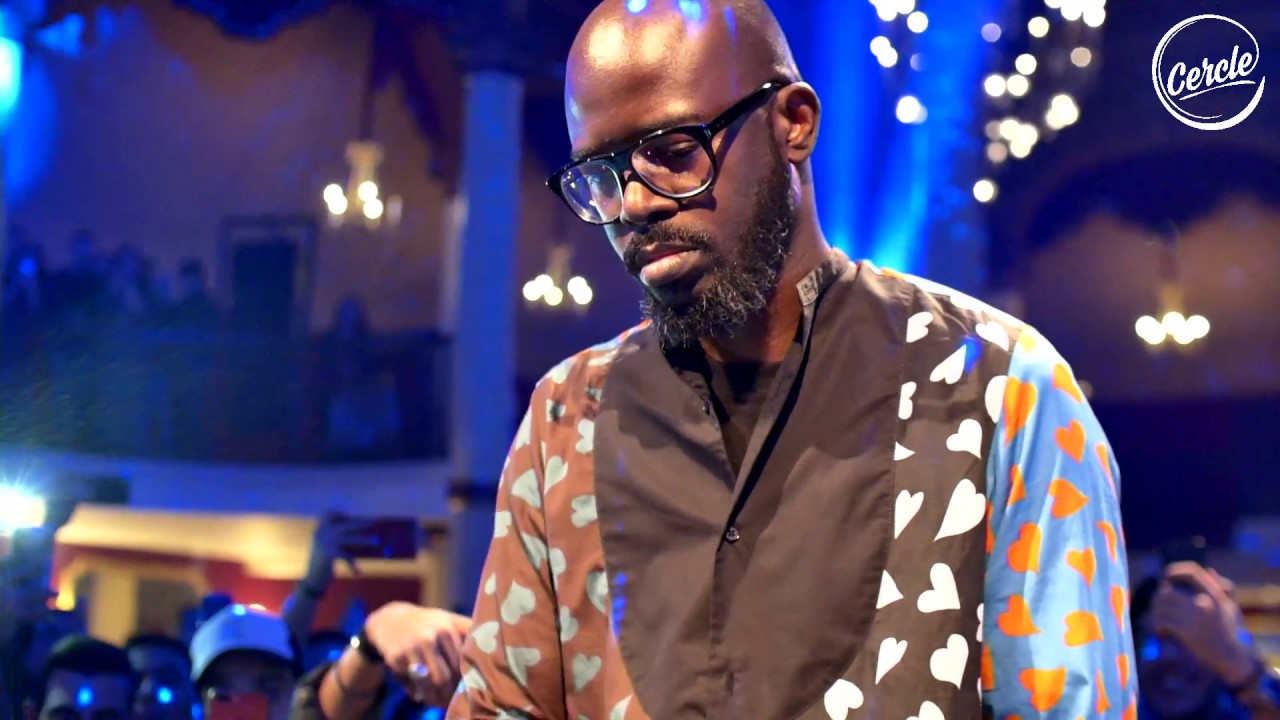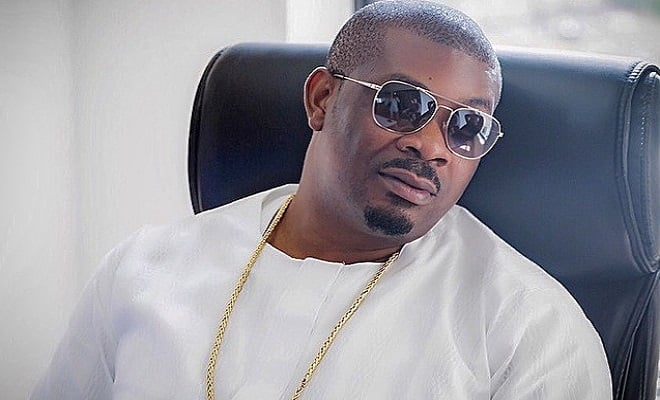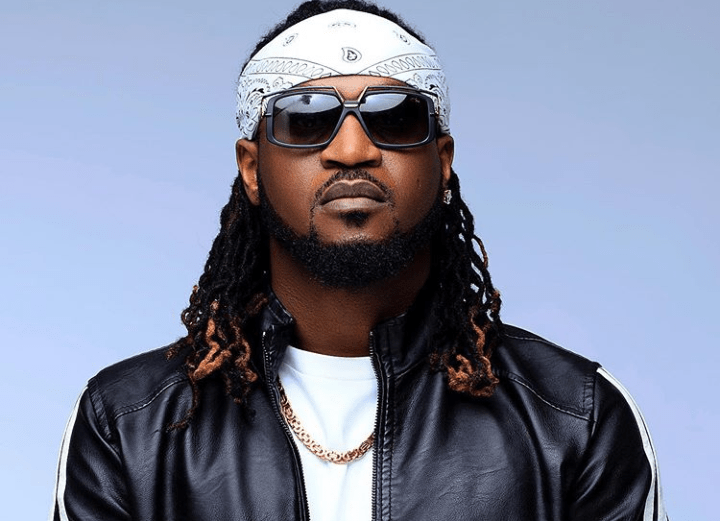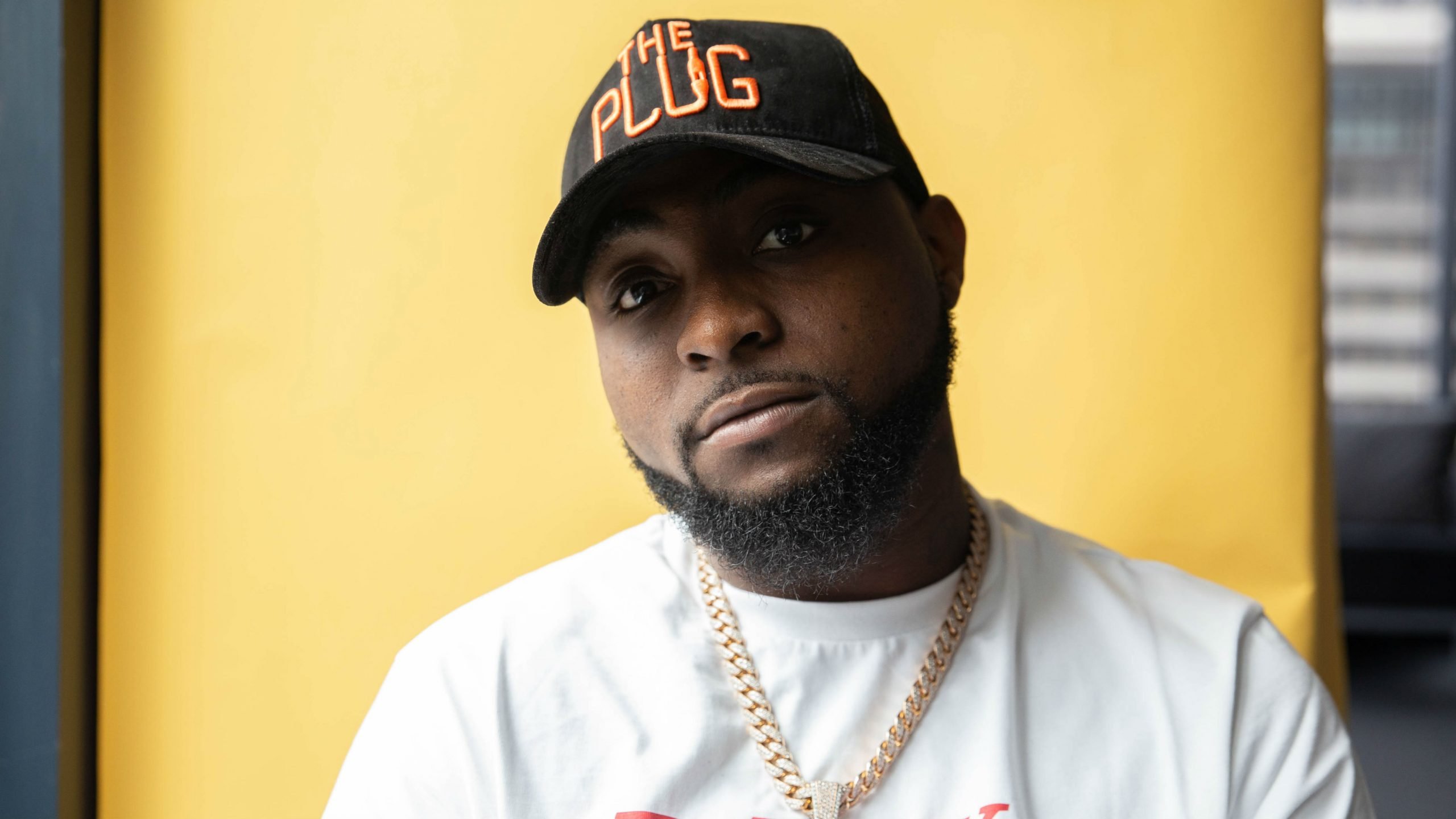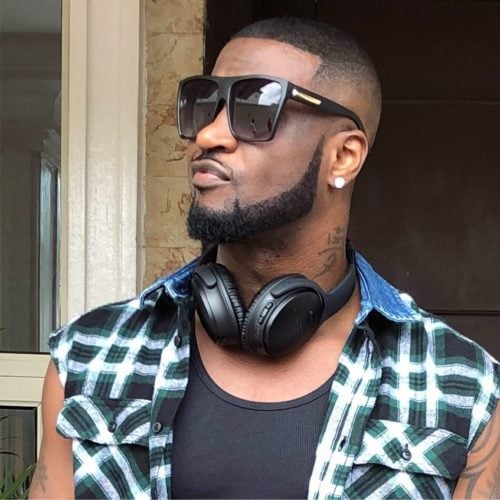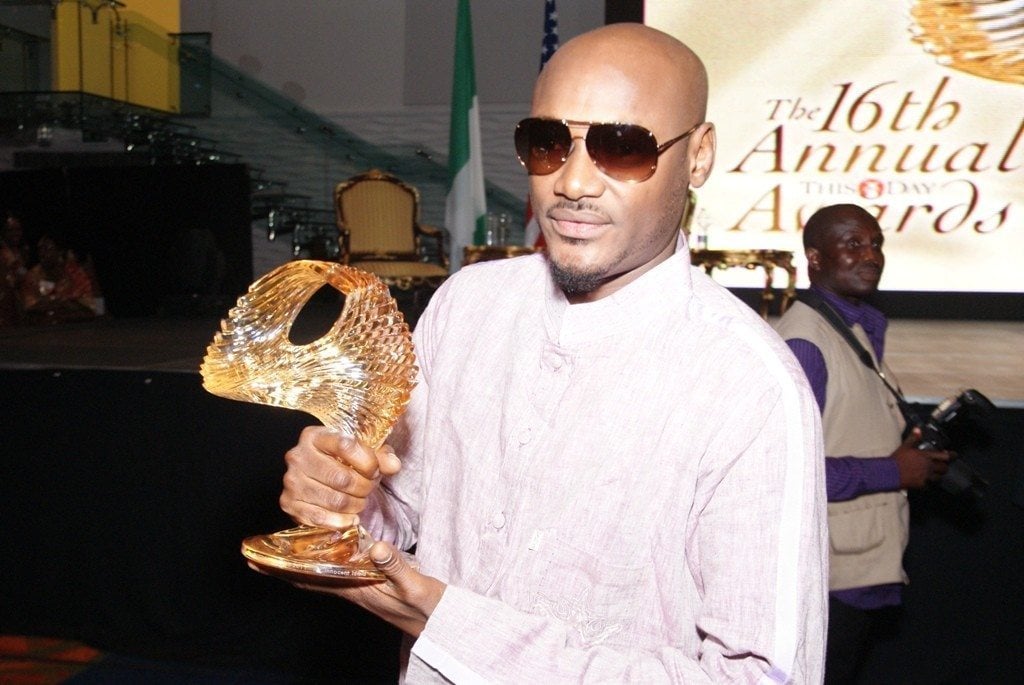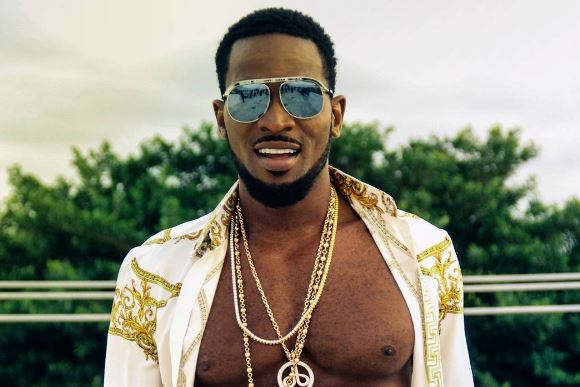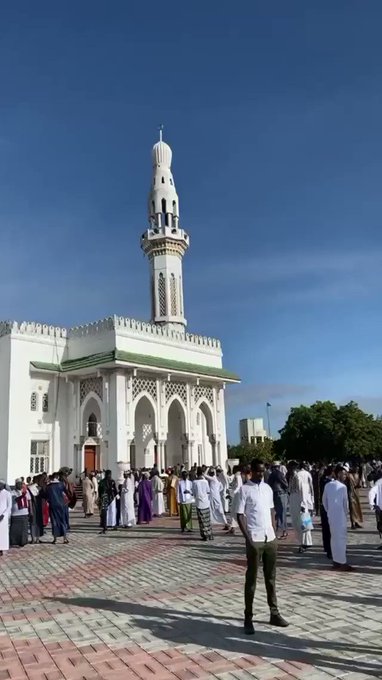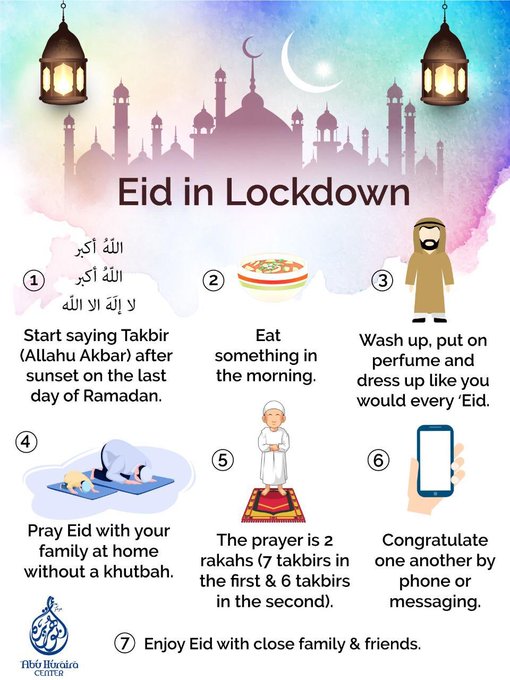It's been four decades since Bob Marley's death, a period longer than the reggae icon's brief but potent life that skin cancer ended when he was 36.
Yet Marley lives on as a voice of the dispossessed, the palpable vibrancy, spirit of protest, and moral zeal of his songs including "One Love," "Redemption Song" and "I Shot The Sheriff" enduring in a way few bodies of popular music have ever done.
His rich anthems of peace and struggle, hope and discontent, still reverberate globally and especially in his native Jamaica, a small nation whose rich culture its most famous son popularized on an international stage.
"It is said the brightest stars sometimes don't burn as long and, in many ways, Bob Marley was our brightest star; he accomplished a lot in a short period of time," said Judy Mowatt, an original member of the influential I-Threes trio whose vocals backed Marley.
"Looking back now, I believe in many ways, he was before his time," Mowatt told AFP.
"His words have been prophetic -- he was a man who believed everything he sung, it wasn't just lyrics and music."
'Money can't buy life'
Marley was diagnosed with acral lentiginous melanoma in 1977, which was first discovered underneath a toenail when he suffered a foot injury playing football.
He opted against doctors' recommendations that he amputate his toe, a procedure that would have violated his staunch Rastafarian faith.
While in New York in 1980 to perform two shows at Madison Square Garden, Marley collapsed during a Central Park jog. He was rushed to the hospital, where doctors found the cancer had crept into his brain, lungs and liver.
Marley performed what would be his final show in Pittsburgh on September 23, 1980. Not long after, he cut his tour short and underwent months of ultimately unsuccessful alternative cancer treatment in Germany.
On his way home to Jamaica to receive one of his nation's highest awards, the Order of Merit, Marley's condition worsened. He landed in Miami to seek emergency treatment.
"Money can't buy life," he reportedly told his son Ziggy from his hospital bed before his death on May 11, 1981, forty years to the day on Tuesday.
The Wailers, reunited
Learning of Marley's death is a moment seared into Mowatt's consciousness.
"It was a Monday morning, sitting on the veranda like I am now, and I got the phone call that Bob passed," she said. "It was very painful. All the years we have worked together has come to a closure and it just hit me.
"Bob was gone forever."
Marley was given a state funeral in Jamaica on May 21, 1981, that combined elements of Ethiopian Orthodox and Rastafari tradition. He was eulogized by former Prime Minister Edward Seaga and buried in a chapel near his birthplace, with his guitar.
This year's 40th anniversary of Marley's death is particularly poignant, as 2021 marked the death of the last surviving member of the original Wailers, Bunny.
"This is the first year that we are memorializing Bob's transition anniversary from 1981 in the context of all three Wailers leaving, Peter (Tosh) having left in 1987, and Bunny surviving them both for 40 years and 33 years respectively, transitioning here in 2021," Maxine Stowe, Bunny Wailer's long-time manager, said.
The Wailers "are now reunited in another plane of existence," Stowe said.
The group in the 1960s helped transform reggae, with its heavy bass lines and drums, into a global phenomenon with untold impact.
The genre -- which emerged out of Jamaica's ska and rocksteady styles, also drawing from American jazz and blues -- has influenced countless artists and inspired many new music styles including reggaeton, dub and dancehall.
The style is often championed as a music of the oppressed, with lyrics addressing sociopolitical issues, imprisonment and inequality.
"His voice was an omnipresent cry in our electronic world, his sharp features, majestic locks and prancing style a vivid etching on the landscape of our minds," Seaga said during his eulogy.
"Most people do not command recollection. Bob Marley was never seen. He was an experience which left an indelible, mystical imprint with each encounter," Seaga continued.
"Such a man cannot be erased from the mind. He is part of the collective consciousness of the nation."



